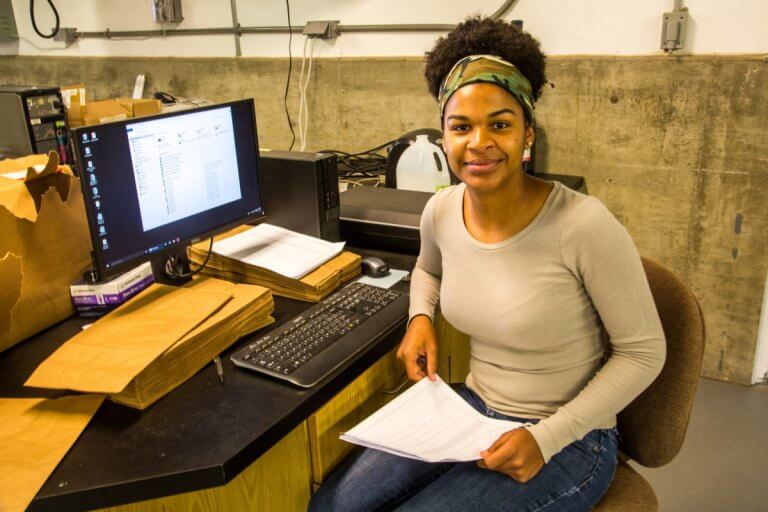
‘Work experience’ is a broad term. While it’s widely acknowledged as a must-have asset, every job-seeker should know that not every work experience is created equal.
Context matters – that is, a student’s field of study, types of employers and types of work experience collectively play a role in determining a student’s employability.
New research on this, focusing on the social sciences, sheds some light on the relationship between different work experiences and how favourable they are in the eyes of potential employers.
Scottish researchers investigated three aspects of work experience: type (internship or volunteer role), location (extra- or co-curricular) and duration (six months or two years).
Writing in The Conversation, researchers Amy Irwin and Gabi Lipan said: “We found that extracurricular activities were viewed more positively than co-curricular activities overall. Internships were viewed more positively for graduate level positions compared with volunteer experience. And duration did not have an impact on employability evaluations.”
The findings were based on their investigation of academic, employer and student assessment of a series of fictional CV samples of the same social science student with a 2:1 degree, only each one cites different work experience.

Campaign intern Courtney Reeder hands out signs to supporters at the primary election night event for Georgia Democratic gubernatorial candidate Stacey Abrams on May 22, 2018 in Atlanta, Georgia. Source: AFP/Jessica McGowan
It also found that, contrary to previous research, different stakeholders did not hold different perceptions of work experience, ie. students, academics and employers gave similar assessments.
A university degree today is no longer confined to theory-based learning in the confines of the classroom, lecture hallor laboratory. Stints in real-world settings, where students spend time applying what they’ve studied in class, are now crucial components of every graduate’s résumé. Employers support these as a measure to bridge the ‘skills gap’, which refers to the theory that today’s graduates do not possess the skills that transform them into successful employees (this is largely a myth, as we have argued here).
Nevertheless, the ‘skills gap’ myth persists. In a labour market saturated by more university graduates than ever before, work experience has emerged as a component to distinguish one job candidate from another. Universities are increasingly integrating work-based learning into their curricula, and it’s safe to say that almost every higher education institution today offers at least one option for this in one form or another, in pretty much every course.
In Australia, a new report has found that close to half a million university students took part in industry-led projects, fieldwork, practical simulations and work placements in 2017 – check out these great examples from Down Under. These career-preparation activities, known as work-integrated learning (WIL), are considered important by 91 percent of Australians, with one in three rating them as “extremely important” and a further one in three rating them as “very important”.

A stint at the US Supreme Court would be a valuable addition to a social science CV. Source: AFP/Mark Wilson
But with so many options on offer, authors behind this new study argue that their findings are important in helping the busy student choose the best option to pursue.
“Based on our results, it seems extracurricular activities that take place off campus are to be recommended above co-curricular activities. So it might be better to work as a project assistant for a charity than spend time as a class rep. Internships may also prove more useful than volunteering, though it should be noted that internships are generally more difficult to get hold of than volunteer position,” they advised.
“It’s also worth considering that a long term placement is not necessarily going to be better for your CV than a series of short term placements – so worry less about how long the role will last, and more about what the role involves,” they advise.
Liked this? Then you’ll love…
Are paid student internships rising in popularity?
Work-integrated learning: 5 great examples from Australian universities







